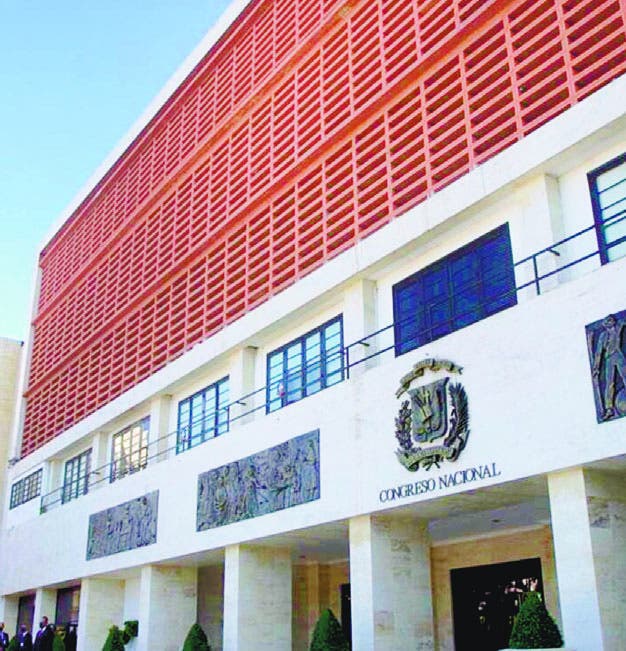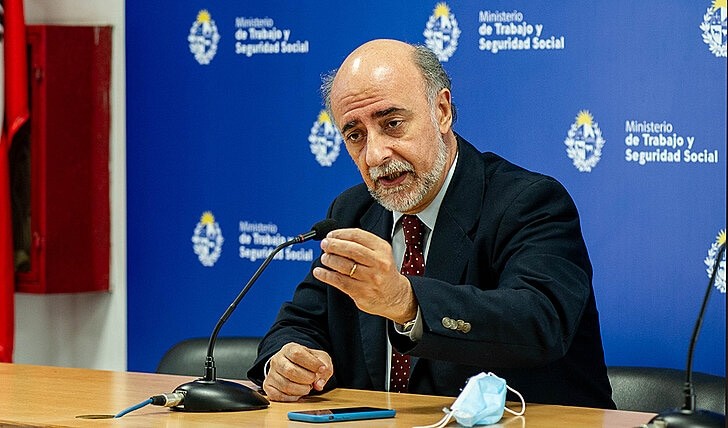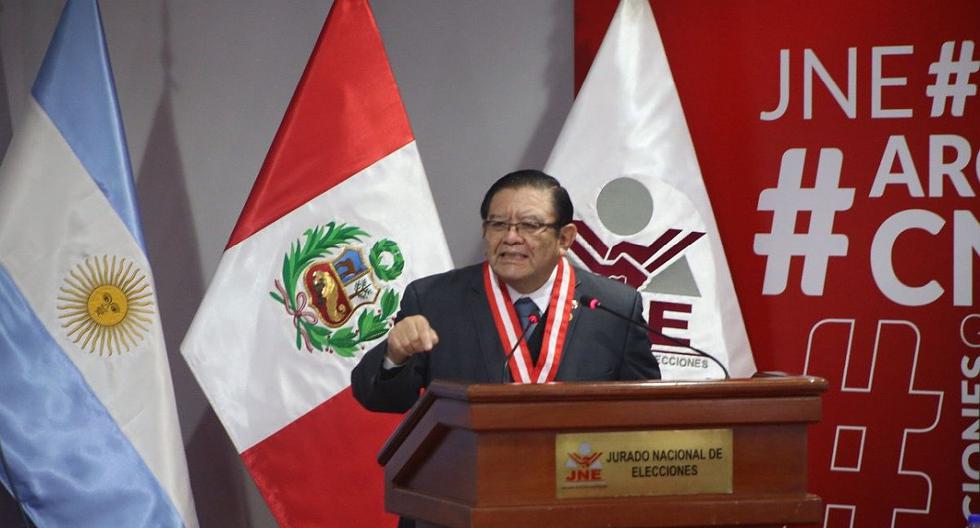The end of the year 2022 was impacted by the issue of the public trust. It was the second time this year that this legal figure unleashed fiery criticism in the country.
The recent controversy was caused by the approval by the Senate of a bill to regulate, in general, the use of the trust for the fulfillment of plans, projects and programs of the public sector.
The senatorial approval coincided with the decision of the Government’s Council of Ministers on December 22, which instructed the competent state entities to intensify capital investment in public works.
Olivo A. Rodriguez Huertas
icas and buildings.
For this reason, the environment gave reason to think that the government was interested in having at its disposal mechanisms that would remove it from the rigidity of the administrative legislation in matters of public contracting.
However, after reading the text approved by the Senate, I notice commendable work by the Upper House on the bill on public trust.
Many of the aspects that have generated criticism find express regulation in the approved text. The senatorial effort to make the figure of the public trust a transparent instrument is noticeable.
In its text, the submission of the public trust to the control of the internal and external financial control bodies is enshrined. Likewise, the application of the law on access to public information is mandatory.
In the cases in which the public trust foresees the possibility of resorting to indebtedness with the guarantee of public entities, the constitutional and legal regime of state indebtedness is applied.
Although there is provision for a regulation for the contracts carried out by the trust, its content is subordinated to respect for the principles of public contracting contained in Law 340-06, among which are those of transparency, publicity and free competition. The latter makes it impossible to resort to direct or grade-by-grade contracting.
However, some aspects must be introduced in the project, to avoid an indiscriminate use of the instrument. The public trust should only be used when the studies and analyzes reveal that it is the most economical, effective and efficient way to satisfy a specific public purpose.
For this, the concept of “value for money” in terms of PPPs can be used for comparison. Only if the ordinary means of satisfying public needs are more onerous and ineffective, should this instrument be used.
These economic, financial and legal feasibility studies must precede the decision of the Executive Branch to establish a trust.
Likewise, when through the public trust it is intended to satisfy “public investment” needs, it must be a requirement that the project comply with the pre-investment and investment cycles in the terms provided in Law 498-06. This is so, since going to the trust cannot constitute an escape from the principle of state planning.
With regard to the trust’s ability to borrow without a state guarantee, it should be prohibited that the debt instruments that are issued can be acquired by the Reserve Bank, in order to avoid hidden public debt through the State Bank.
Regarding the contracting of goods, works and services by the trust, it must be established that not only the principles of Law 340-06 apply, but also the thresholds established in that law, and the administrative resources.
As a last aspect, I must remember that trust services in our country constitute an activity of a private nature.
The Constitution in its article 221 establishes that “public or private business activity receives the same legal treatment.” For this reason, when the Executive Power decides to resort to the figure of the public trust, it must select, through a bidding procedure, the trust company that satisfies, with less cost, the trust object.
I cannot conclude these comments without acknowledging President Abinader’s efforts to provide the public trust with a general regulatory framework.
Also congratulate the political parties and society in general, who with their criticism are interested in the subject. This speaks well of the functionality of our democratic system.















